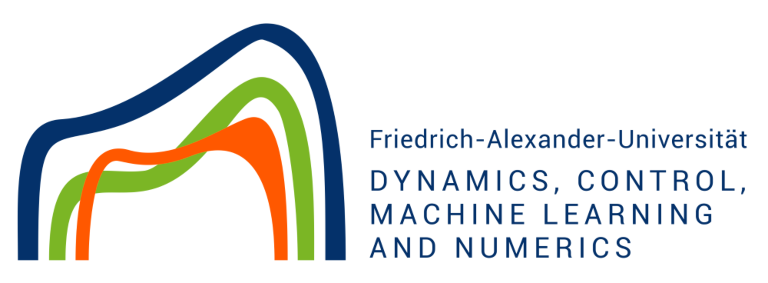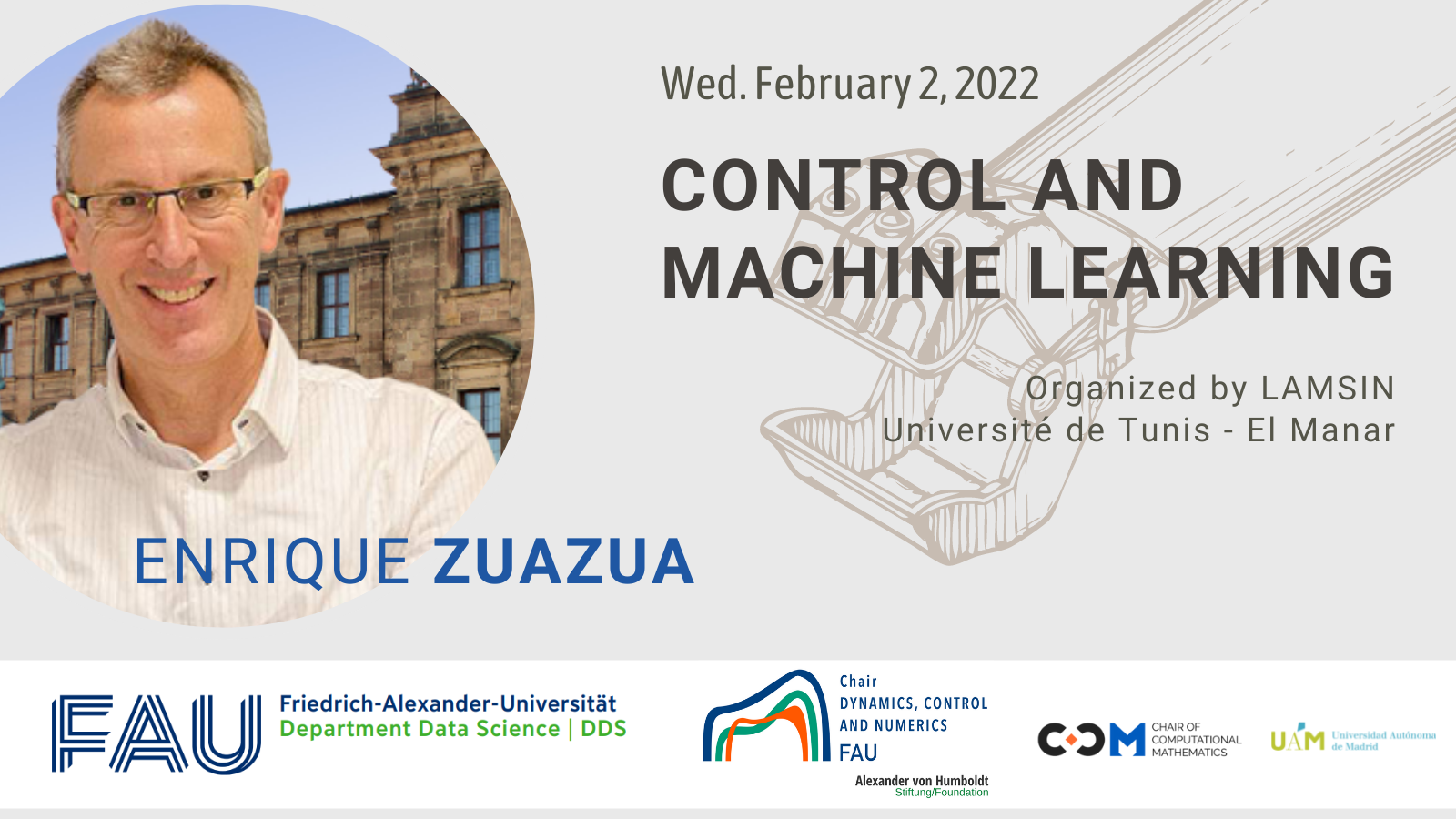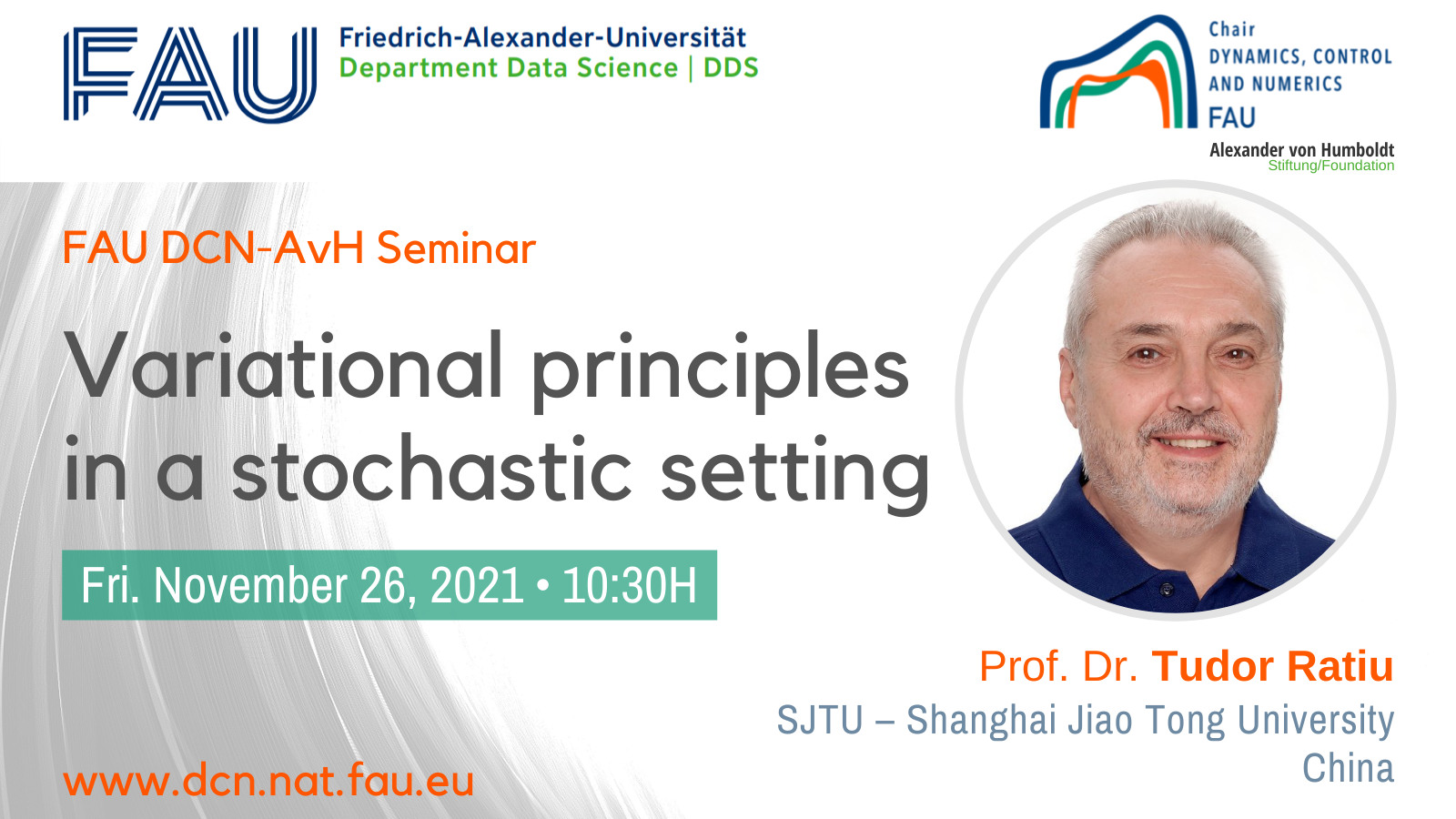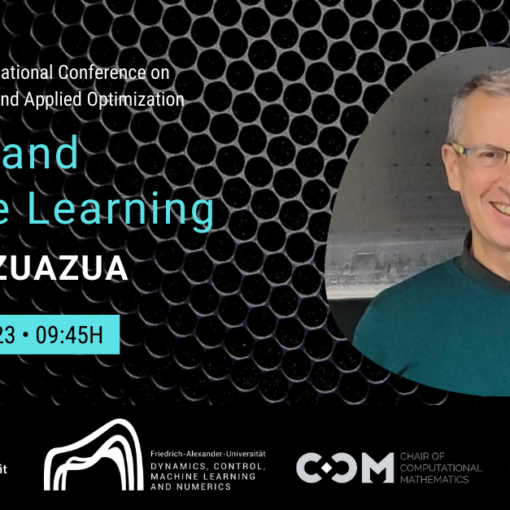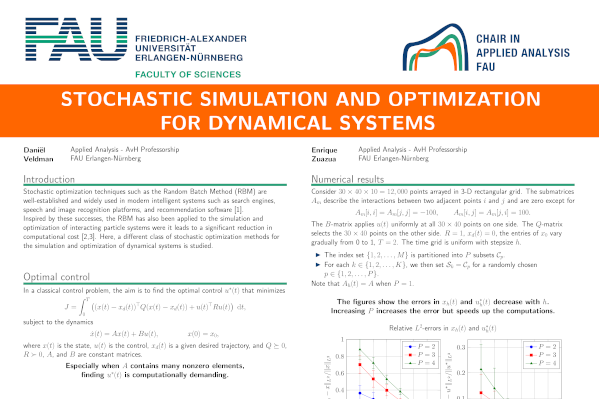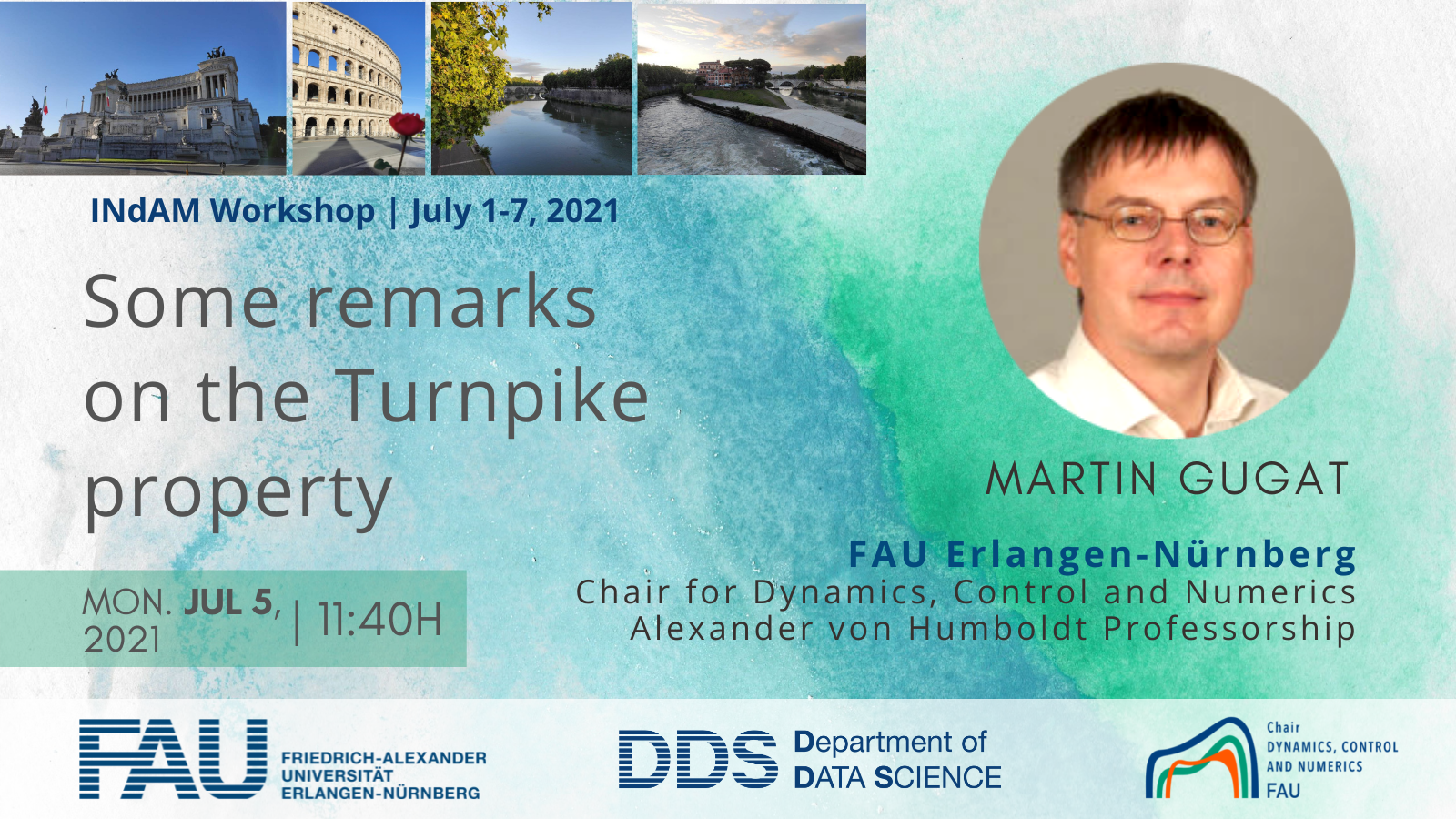Date: Wed. February 2, 2022
Organized by: Laboratoire de Modélisation Mathématique et Numérique pour les Sciences de l’Ingénieur-LAMSIN, Université de Tunis El Manar (Tunisia)
Title: LAMSIN Seminar: Control and Machine Learning
Speaker: Prof. Dr. Enrique Zuazua
Affiliation: FAU DCN-AvH, Chair for Dynamics Control and Numerics – Alexander von Humboldt Prof., Friedrich-Alexander-Universität Erlangen-Nürnberg (Germany)
Abstract. Control, or Cybernetics, according to the term coined first by Ampère and then popularized through the works of Wiener, is the science of control and communication in animals and the machines. The motivation goes back to ancient times: machines that automatically carry out man’s work so that he can be freer and more efficient. The goals of Control are therefore, to a large extent, those of the modern discipline of Machine Learning.
In this talk we shall present some fundamental mathematical notions and techniques in Control that have strongly influenced the emergence and development of the field of Machine Learning. We will do it analyzing Neural Ordinary Differential Equations (NODEs) from a control theoretical perspective to address some of the main challenges in Machine Learning: Supervised Learning and Universal Approximation.
We adopt the perspective of the simultaneous or ensemble control, according to which, each item to be classified or learned corresponds to a different initial datum for the Cauchy problem of a NODE. The challenge is then to control the ensemble of solutions to the corresponding targets by means of one sole control. We present a genuinely nonlinear and constructive method, allowing to show that such an ambitious goal can be achieved, estimating the complexity of the control. This property is rarely fulfilled by the classical dynamical systems in Mechanics and, as we shall see, it is intimately related to the very nonlinear nature of the activation functions governing the NODEs under consideration. It allows deforming half of the phase space while the other half remains invariant, a property that classical models in mechanics do not fulfill.
Analyzing the natural consequence of Universal Approximation, we shall also establish the link with optimal transport. We shall also illustrate how, classical concepts and tools of Control Theory, such as the “turnpike property” allow the training of Neural Networks in a more stable and robust manner.
This lecture is inspired in joint work with Borjan Geshkovski, Carlos Esteve, Domènec Ruiz-Balet and Dario Pighin. It is oriented to a broad audience avoiding unnecessary technicalities.
Recording/Video:
_
Don’t miss out our Upcoming events!
